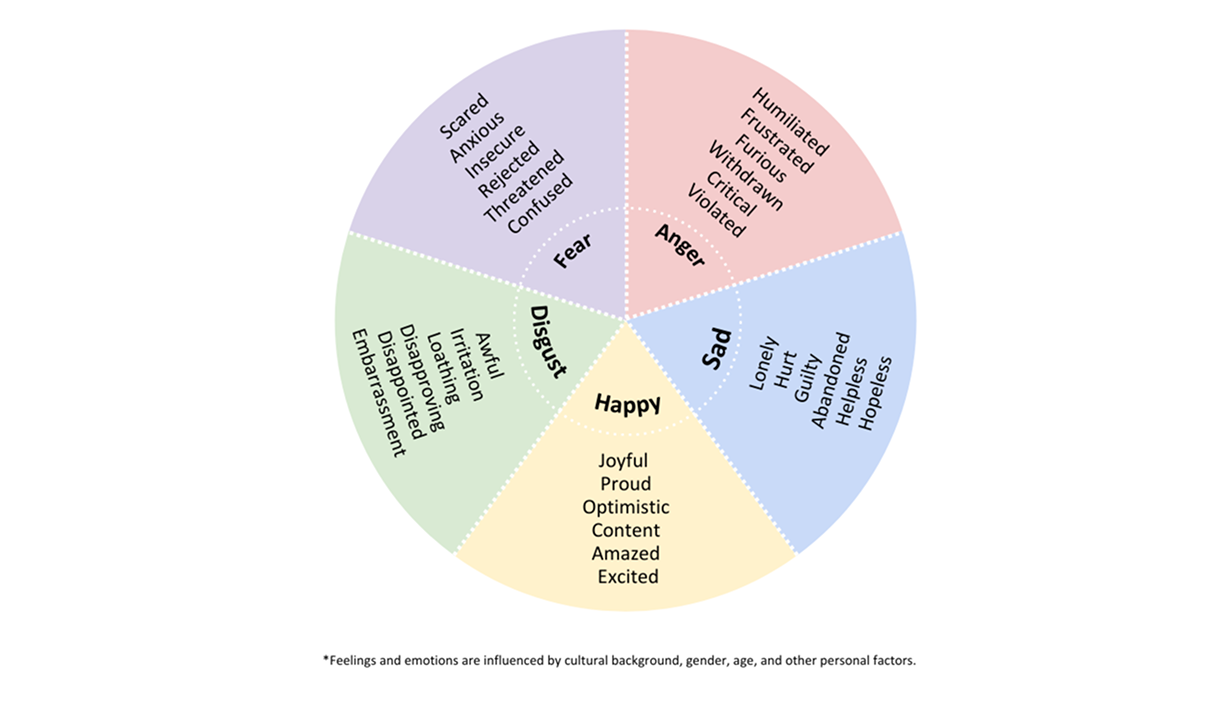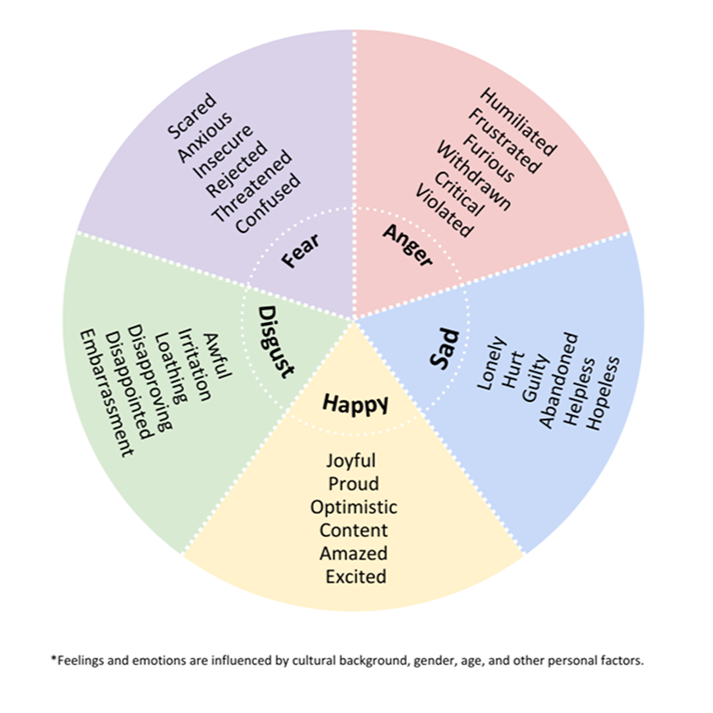 8686 139 139
8686 139 139
 8686 139 139
8686 139 139
Caring for individuals with mental health concerns can be challenging, mainly because these conditions are often less understood compared to physical ailments. Unlike physical diseases that are typically easier to diagnose and treat, mental health conditions can be more complex and are sometimes harder to define. Their symptoms can vary widely and may not be visible to others, making it difficult for people to empathise and offer appropriate support. This gap in understanding can lead to misunderstandings and a lack of compassion.
We encourage you to educate yourself about the specific mental health disorder your care-recipient is experiencing. Understanding the condition, its symptoms, treatment options, and prognosis can significantly improve your ability to respond effectively. This knowledge will also enable you to identify concerning changes in their behaviour or mental state, prompting you to seek professional help when necessary.
Below are some mental health concerns and corresponding caregiving support strategies:
A mood tracker helps caregivers and care-recipients identify mood fluctuations/shifts, recognize common triggers, and track progress over time. It can help draw connections between mood, different activities and potential triggers. We recommend that caregivers introduce this tool to their care-recipient, allowing them to monitor their mood on a regular basis.
If the care-recipient finds this challenging, the caregiver can either assist them in using the tracker or independently track their care-recipient’s mood. This tool helps caregivers prioritize activities and experiences that positively influence the care recipient’s mood and well-being while also preparing them for moments when external support may be needed. Additionally, a mood tracker can serve as a valuable reference when discussing concerns and challenges with a healthcare professional.
For care-recipients who struggle to express their emotions, a mood tracker provides a structured way to document their feelings. By using this tool, caregivers can better understand emotional needs, respond with greater empathy, and provide more effective care.
The table below can be used to record mood, emotions, activities, and triggers.
| Date: | Day: | ||
|---|---|---|---|
| Time of the day | Morning (time) | Afternoon (time) | Evening (time) |
| Mood rating (using the scale below) | |||
| Activity and associated emotions (use the emotions wheel below) | |||
| Triggers (explained below) | |||
Mood rating: Care-recipients can mark their mood using the following scale. If you are a caregiver tracking your care-recipient’s mood, try to ask them how they feel rather than making assumptions. If extreme ratings persist or moods fluctuate too quickly, it may be a sign that additional mental health support from a professional is needed. For any guidance on this, please feel free to connect with a counsellor at Mann Talks by calling our free Tele-Helpline at 8686139139 (9am to 8pm).
Below is the mood rating scale:
| Rating | Description |
|---|---|
| 1 | Extremely Low- Helpless and hopeless |
| 2 | Low- Upset, struggling, unmotivated |
| 3 | Neutral- Neither good nor bad |
| 4 | Good- Calm, optimistic, coping well |
| 5 | Over-energized – enthusiastic and restless |
Activities and associated emotions: Keep a daily log of key activities and experiences and the emotions experienced during them. For example:
Refer to the emotions wheel to identify the emotion that best matches your experience.
By linking activities and experiences to emotions, you can see which routines uplift or drain you. You can now pinpoint specific events or situations that consistently lead to unpleasant emotions and provide an opportunity to take charge once you have identified this pattern.


Triggers: Note any stressors that suddenly disrupt mood or evoke strong emotional reactions. Triggers can be external (such as a specific smell/touch/taste/visual/sound, conflicts, or changes in routine) or internal (such as negative thoughts, painful memories, or uncomfortable feeling in the body). For example, a common trigger might be - feeling frustrated when you are reminded of your college days. Identifying triggers helps in managing emotions, reducing stress, and improving overall well-being. If certain triggers appear frequently and take a long time to manage, they may indicate areas that need attention.
Tip:Try to fill out the mood tracker at the same time each day. Reviewing your mood chart weekly can help identify patterns and areas for improvement.
Professional guidance can provide more comprehensive support. Feel free to share the contact information for our Free Counselling Helpline service with your care-recipient. Our helpline number is 8686139139, and operates every day of the week from 9am to 8pm. Additionally, to receive 1-to-1 appointment based online therapy, they can book the session by clicking on link.
